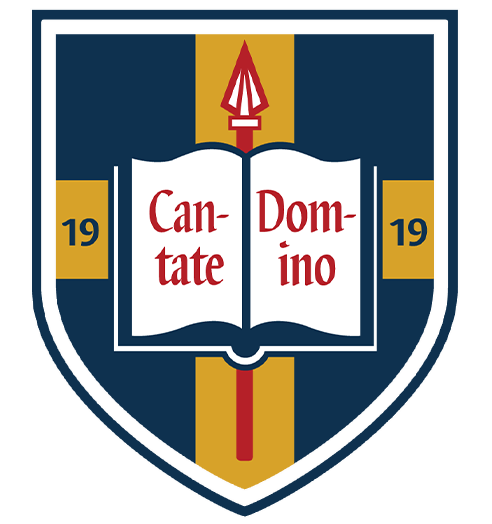Becoming a Chorister
When a boy begins his education at Saint Thomas, he enters as a Probationer Chorister. Probationers undergo an intense daily training regimen in vocal technique, music theory, and sight singing. During the church services, probationers sit in the choir stalls directly behind the rest of the choir and, under the supervision of both music staff and academic faculty, are encouraged to follow the music being sung by the choir. On Sundays, they join in singing the appointed hymns.
After some time spent as a probationer–at least a full year for students who enter in the the third grade and a shorter time for those who enter later–the music staff will recommend that each boy take a semi-formal practical test: the Probationer Perfection Points Packet Test, known among students as the PPP. On passing the test, he becomes an Acting Chorister and will begin to sing with the choir during all church services and concerts.
After several weeks of success as an Acting Chorister, the student will achieve the rank of Full Chorister, a transition that is celebrated and marked during a rite known as the Admission of Choristers. During this service, the Head of School and Organist present each boy to the Rector who formally admits him into the choir, presents him with a hymnal, and clothes him in a surplice, the bright white garment worn by members of the choir.
Full choristers sing at five church services per week–Evensong on Tuesdays, Wednesdays, and Thursdays and both Eucharist and Evensong on Sundays–which means that, on average, a chorister learns at least eight new pieces each week. They also sing at several high-profile concerts per year including the annual performance of Handel’s Messiah. The choir tours both nationally and internationally, singing at some of the greatest churches and concert halls in the world.
By the time choristers enter into eighth grade, many find that their voices have begun to change. Once the music staff determine that a chorister is no longer able to sing in the treble range, he is invested as an Acolyte. Acolytes take part in the ritual aspects of the church services such as carrying torches, processional crosses, and thuribles, as well as serving as mentors to the probationers. They continue to receive voice lessons in which they are carefully trained through their voice change and are introduced to other styles of choral music they are likely to encounter after leaving the Choir School, such as a cappella and musical theater.







